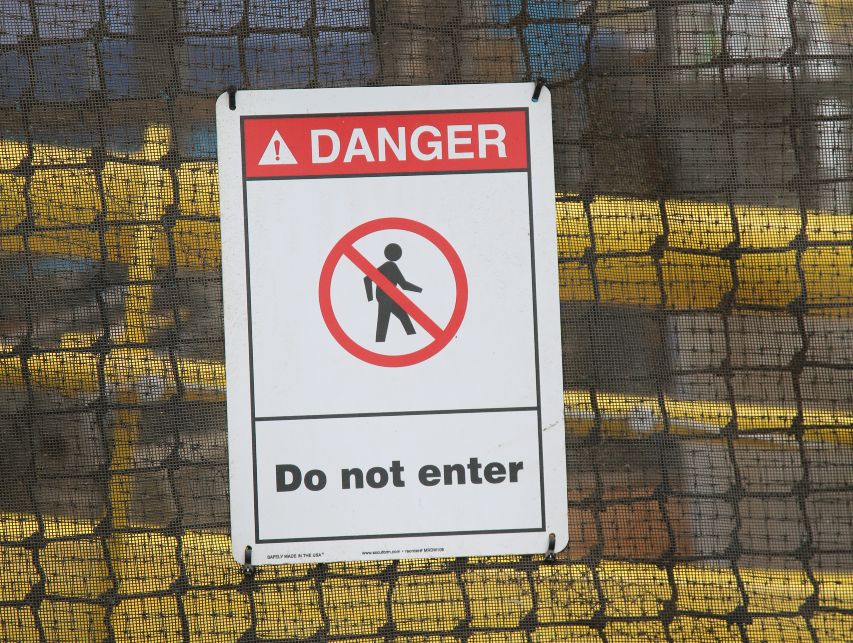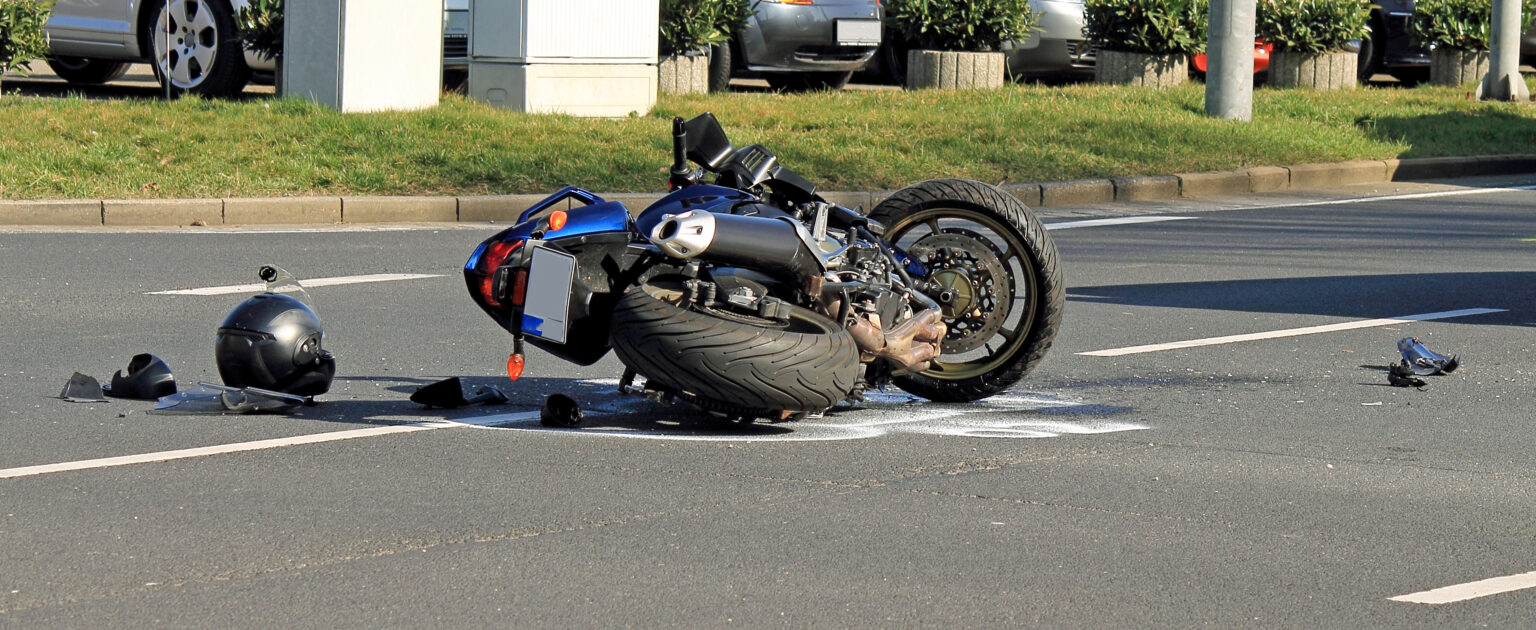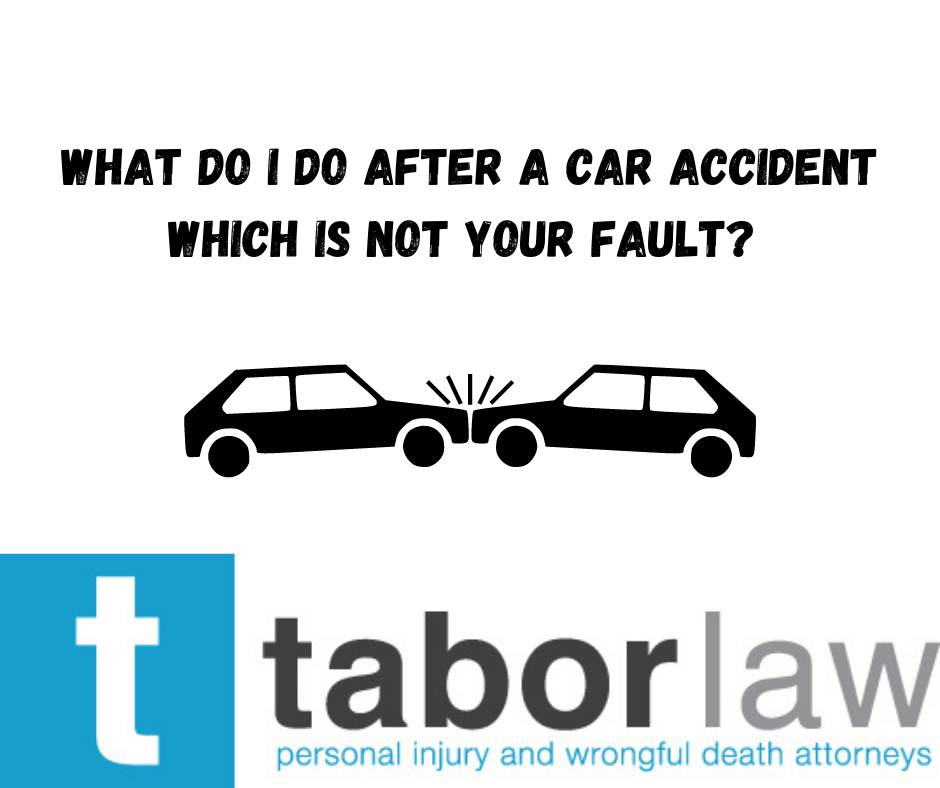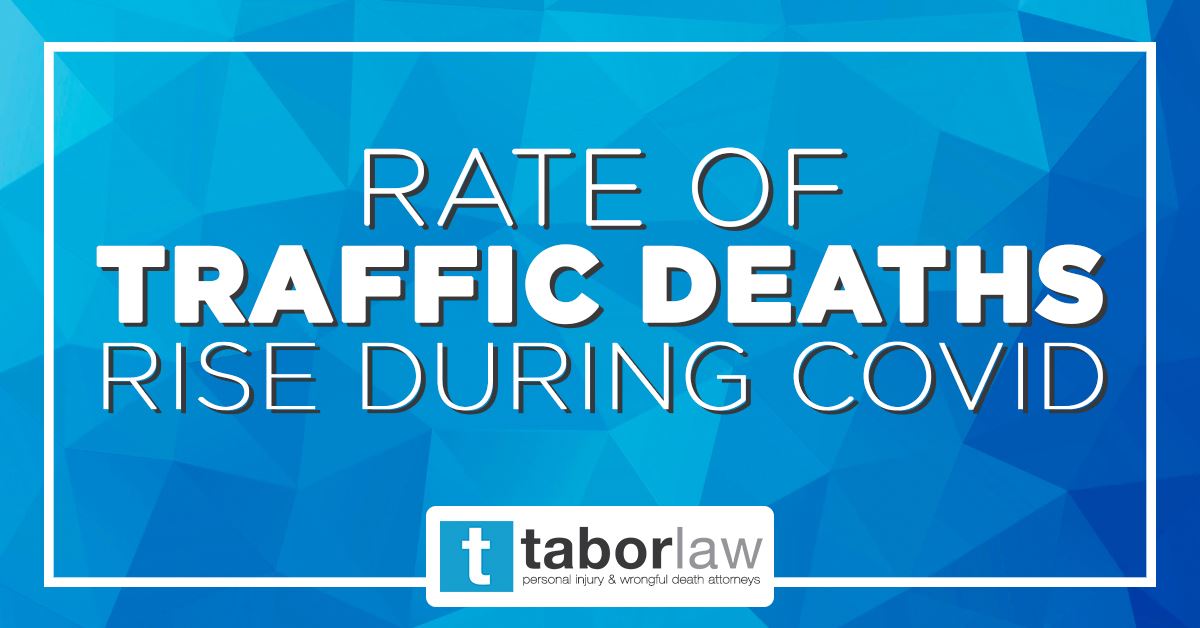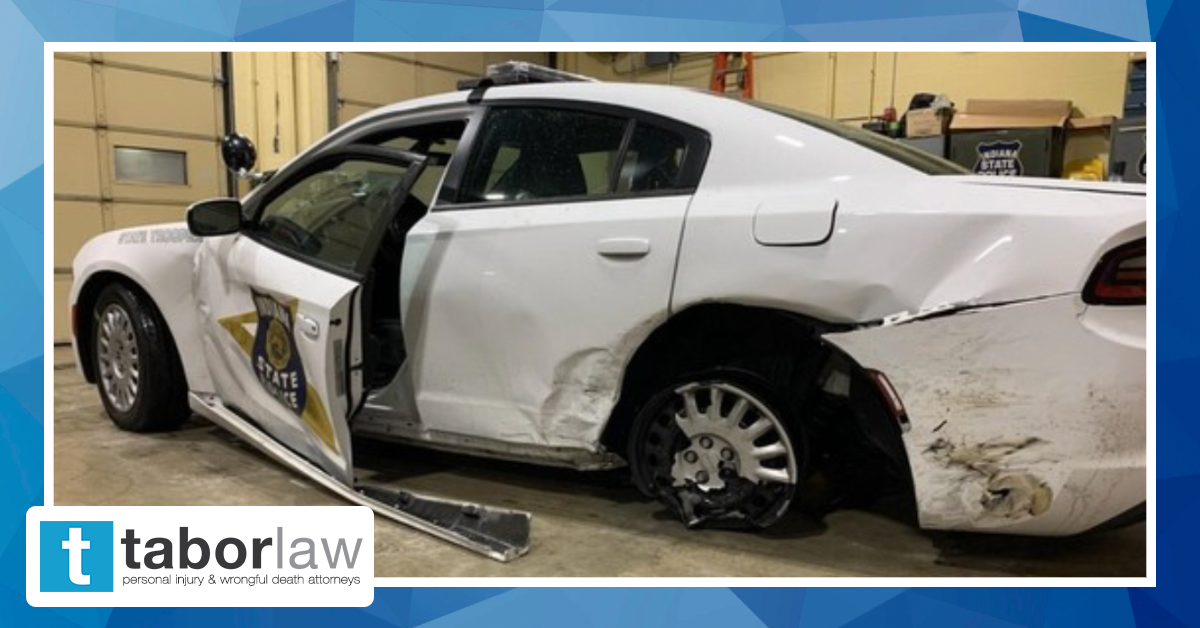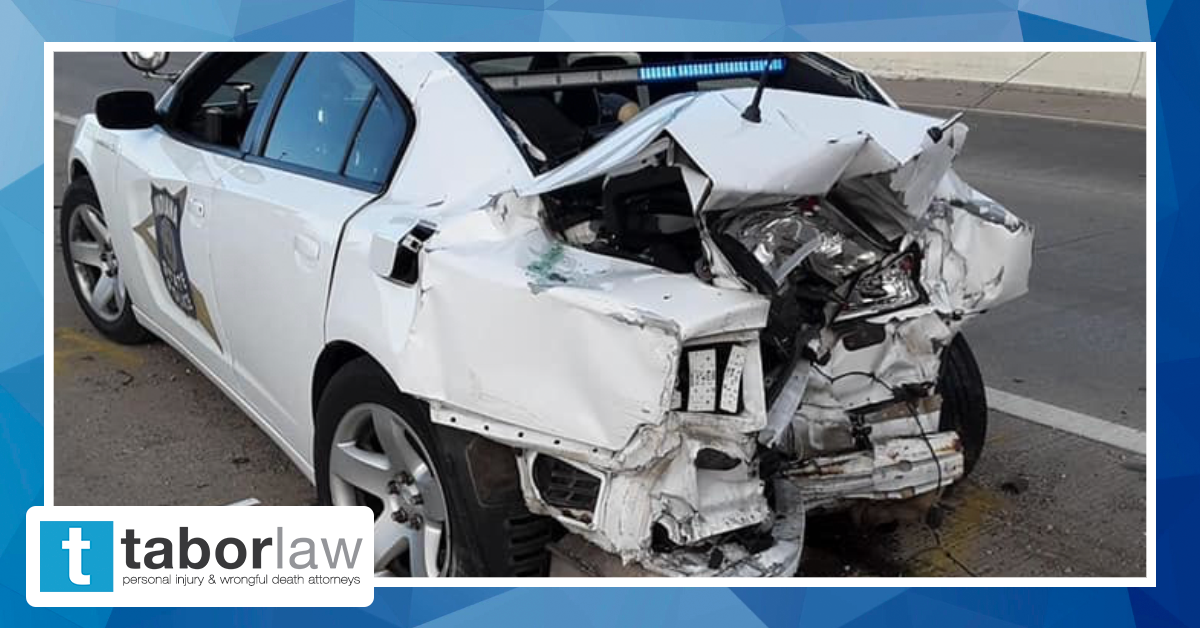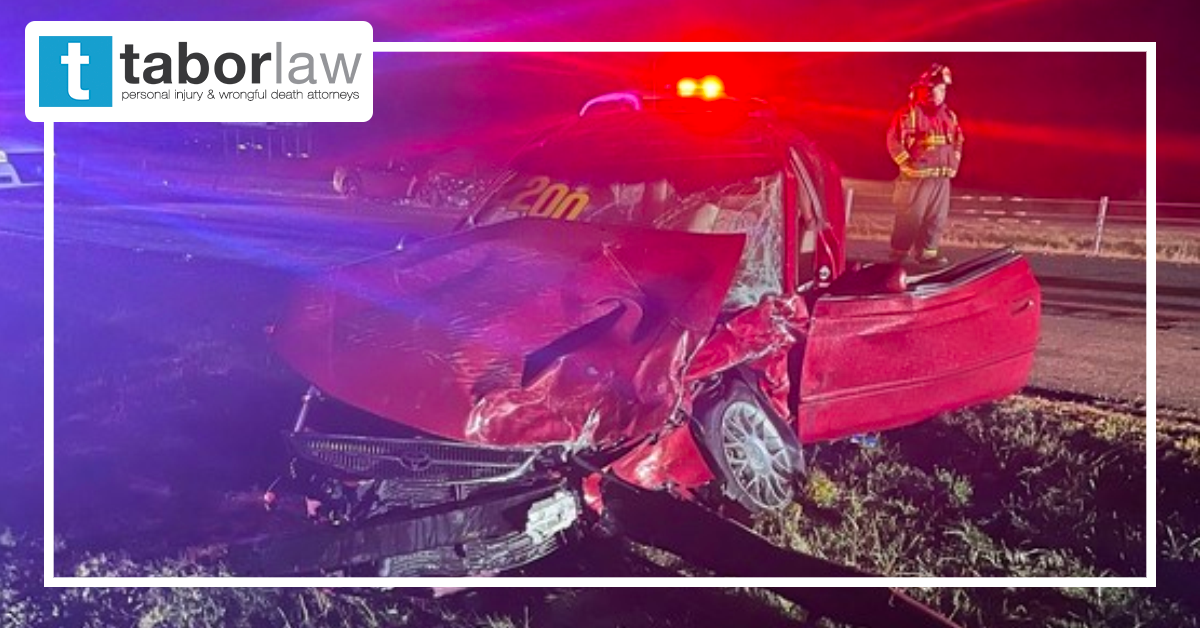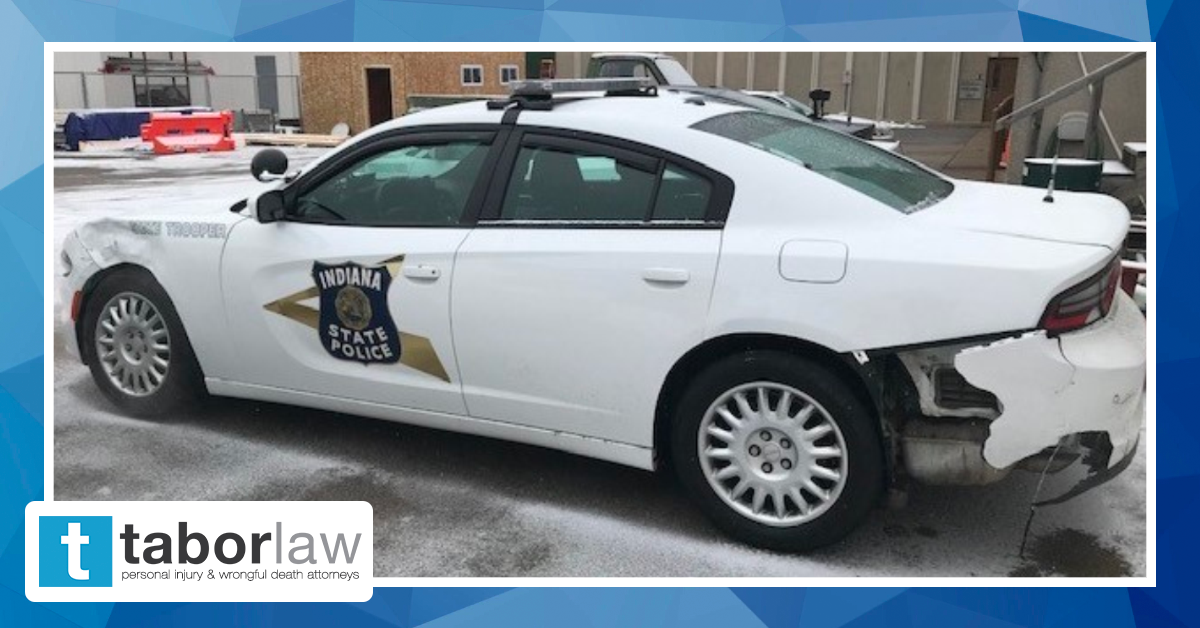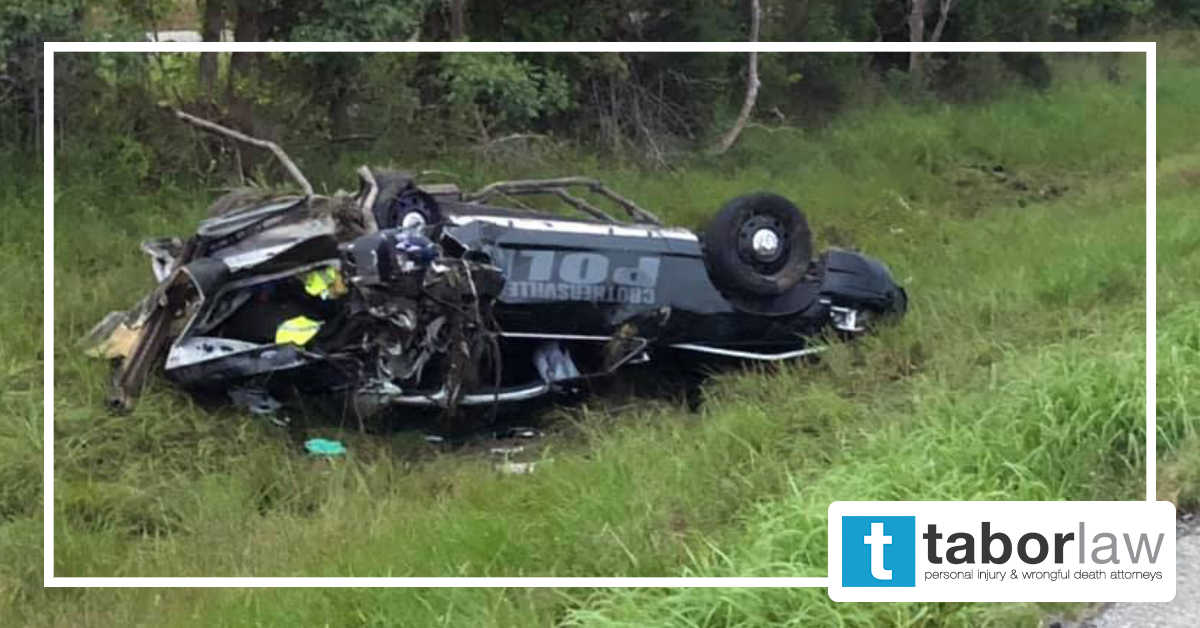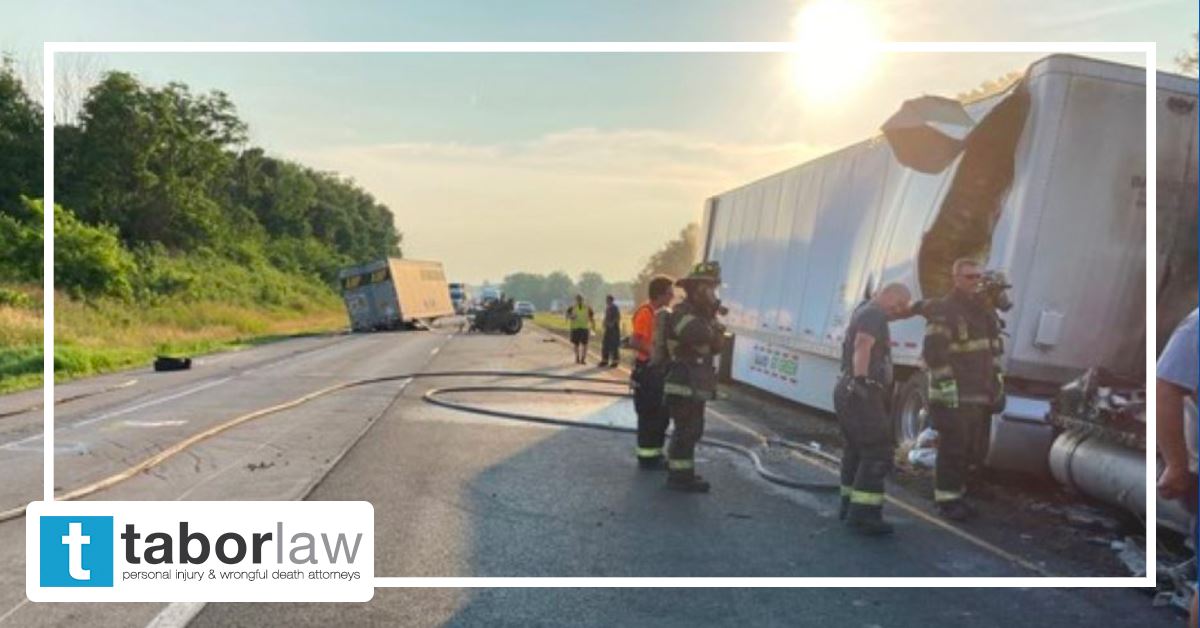Statutes of Limitations for Initiating Lawsuits in Indiana
Statutes of limitation are a legislative time limit on your opportunity to file a lawsuit. Different civil lawsuits have different statutes of limitation. In any catastrophic injury, it’s important to speak with an attorney as soon as possible to ensure that your claim does not expire. Securing prompt legal representation can help preserve your legal claim and ensure your attorney has ample opportunity to gather all relevant evidence.
If you’re thinking about pursuing a lawsuit in Indiana, here are some statutes of limitation to consider:
- Personal injury – (i.e. Automobile collision, Slip and Fall, Dog Bite) When someone’s reckless, negligent, or wrongful conduct causes another person’s injury, it can result in a personal injury lawsuit. A personal injury lawsuit must be filed within two years of the date of the injury in order to fall within the statute of limitations.
- Wrongful death – When someone dies due to the wrongful act or omission of another, the decedent’s personal representative can file a civil lawsuit for wrongful death. The statute of limitations for wrongful death is two years from the date of death.
- Products liability – When someone manufactures, sells or otherwise distributes a dangerous product, they are liable for any resulting injuries via a product liability lawsuit. A product liability lawsuit must be filed within the two-year period after the injury occurs.
- Exceptions – There are several exceptions to the Indiana statute of limitations. For example, anyone who is under a legal disability when the injury occurs can file suit within two years after the disability is removed. Children under the age of 18 are considered to have a legal disability, and therefore the statute of limitations for a childhood injury begins to run on the date of the child’s 18th birthday.
There are also evolving issues with regard to the statute of limitations in all medical malpractice cases. You should consult an experienced medical malpractice lawyer to discuss how to accurately calculate the statute of limitations pertaining to the facts of your case.
Most attorneys who handle these types of cases work on a contingency fee basis. This means that you do not pay any fees until your case has been resolved. Knowing you don’t have to worry about paying legal fees upfront might make it easier for you to contact a lawyer quickly to take on your lawsuit before the statute of limitations expires.
If you have any questions about initiating a lawsuit in Indiana, speak with a knowledgeable Indiana personal injury attorney at the Tabor Law Firm. Call us at (317) 236-9000 or visit our website to learn more.
Categories:
Related Blog

Pedestrian Safety in Downtown Indianapolis Has Become a Hot Topic. What Can You Do to Protect Yourself?

Bicycle Accidents are on the Rise in Indiana. What Can You Do to Prevent a Bicycle Accident?

Understanding the Causes of Motorcycle Accidents in Indianapolis: An Analysis of Recent Data

Indianapolis Drunk Driving Accidents and How to Handle them with a Personal Injury Attorney

Two Mothers & Two 12-year-old Daughters Killed in Crash While Headed to Volleyball Tournament

Jefferson County Sheriffs Searching for Hit & Run Driver Who Struck 10-year-old Bicyclist












